Lenalidomide (Revlimid)
Buy Revlimid 25mg capsules (Lenalidomide) is a cancer drug. It is also known by its brand name Revlimid.
It is a treatment for:
- myeloma
- myelodysplastic syndromes
- follicular lymphoma
- mantle cell lymphoma
You may also have it as part of clinical trials for other types of cancer.
For myeloma, you might have lenalidomide with:
- dexamethasone or
- melphalan and prednisolone or
- bortezomib and dexamethasone
How does lenalidomide work?
Buy Revlimid 25mg capsules works by:
- stopping cancer cells developing
- stopping blood vessels growing in the cancer
- stimulating part of the immune system to attack the cancer cells
Common side effects
These side effects happen in more than 10 in 100 people (more than 10%). You might have one or more of them. They include:
Buy Revlimid 25mg capsules online
Increased risk of getting an infection
Increased risk of getting an infection is due to a drop in white blood cells. Symptoms include a change in temperature, aching muscles, headaches, feeling cold and shivery and generally unwell. You might have other symptoms depending on where the infection is.
Infections can sometimes be life threatening. You should contact your advice line urgently if you think you have an infection.
Breathlessness and looking pale
You might be breathless and look pale due to a drop in red blood cells. This is called anaemia.
Bruising, bleeding gums or nosebleeds
This is due to a drop in the number of platelets in your blood. These blood cells help the blood to clot when we cut ourselves. You may have nosebleeds or bleeding gums after brushing your teeth. Or you may have lots of tiny red spots or bruises on your arms or legs (known as petechiae).
Tiredness and weakness (fatigue)
You might feel very tired and as though you lack energy.
Various things can help you to reduce tiredness and cope with it, for example exercise. Some research has shown that taking gentle exercise can give you more energy. It is important to balance exercise with resting. Buy Revlimid 25mg capsules
Diarrhoea or constipation
Tell your healthcare team if you have diarrhoea or constipation. They can give you medicine to help.
Skin rash
Skin problems include a skin rash, dry skin and itching. This usually goes back to normal when your treatment finishes. Your healthcare team can tell you what products you can use on your skin to help.
Eyesight problems
You might have blurred vision or clouding of the lens (cataract). Contact to your team if you have any new problems with your vision.
Feeling shaky (tremors)
Your hands or other parts of the body could feel shaky. Talk to the team looking after you about this.
Numbness or tingling in fingers or toes
Numbness or tingling in fingers or toes is often temporary and can improve after you finish treatment. Tell your healthcare team if you’re finding it difficult to walk or complete fiddly tasks such as doing up buttons.
Headaches and dizziness
Let your doctor or nurse know if you have headaches. They can give you painkillers. Don’t drive or operate machinery if you feel dizzy.
Feeling or being sick
Feeling or being sick is usually well controlled with anti sickness medicines. It might help to avoid fatty or fried foods, eat small meals and snacks and take regular sips of water. Relaxation techniques might also help.
It is important to take anti sickness medicines as prescribed even if you don’t feel sick. It is easier to prevent sickness rather than treat it once it has started.
Changes in mineral levels in the blood
You may have changes in levels of minerals and salts in your blood, including low levels of sodium or high levels of uric acid (causing gout). You have regular blood tests during treatment to check this.


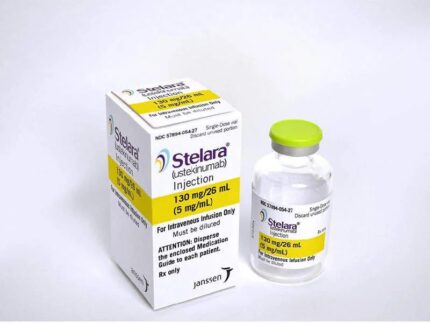
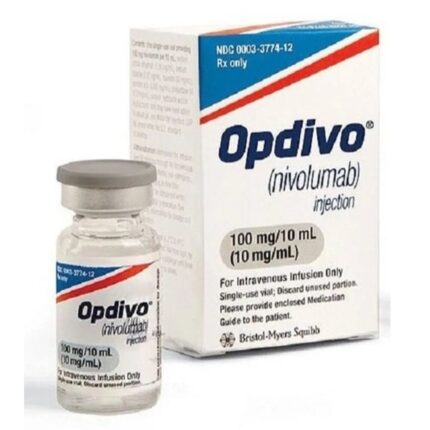
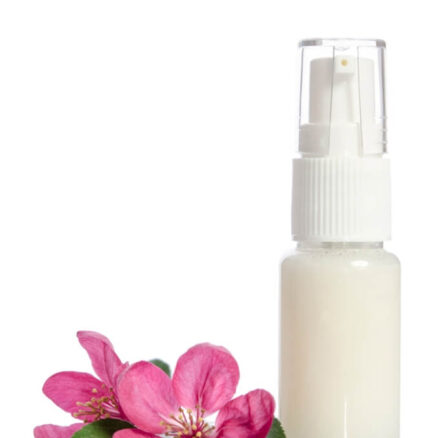

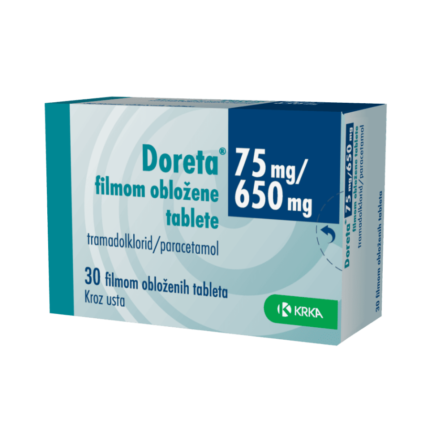
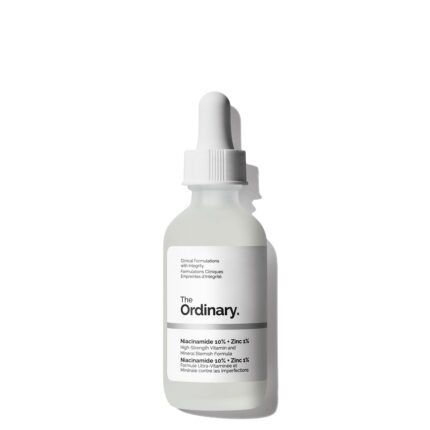
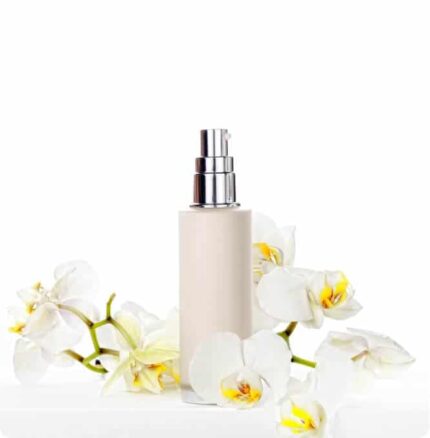
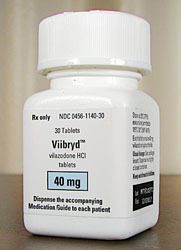
Reviews
There are no reviews yet.